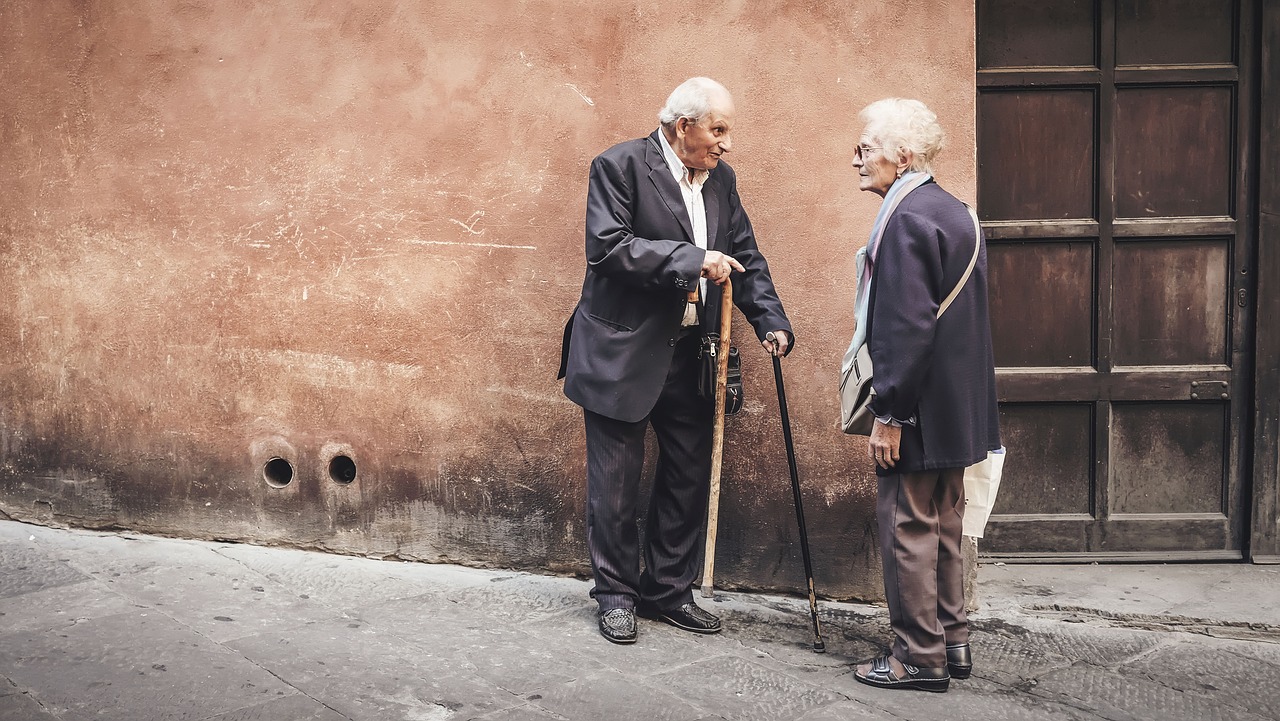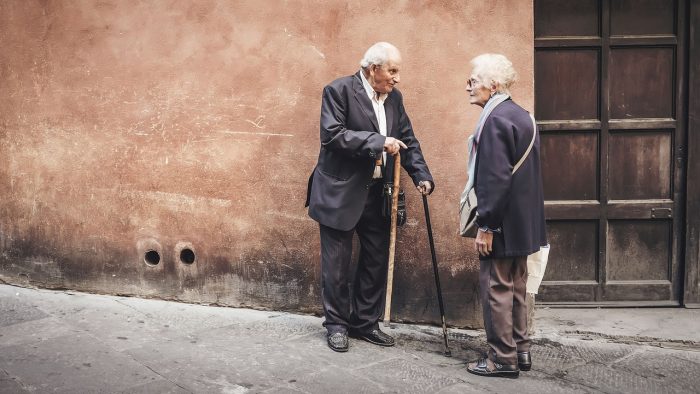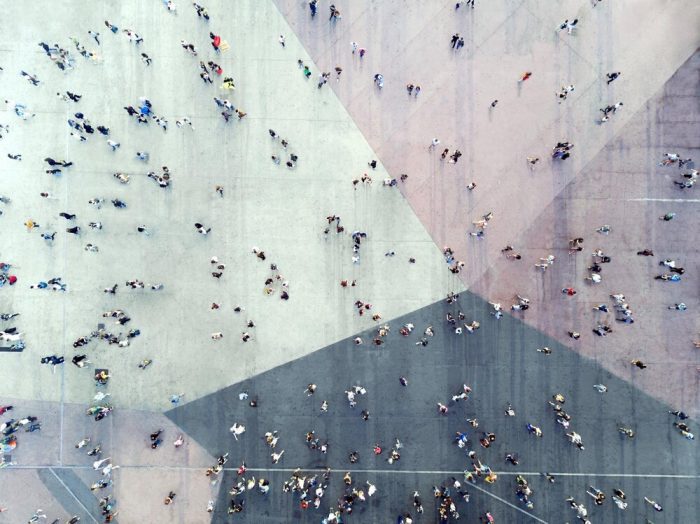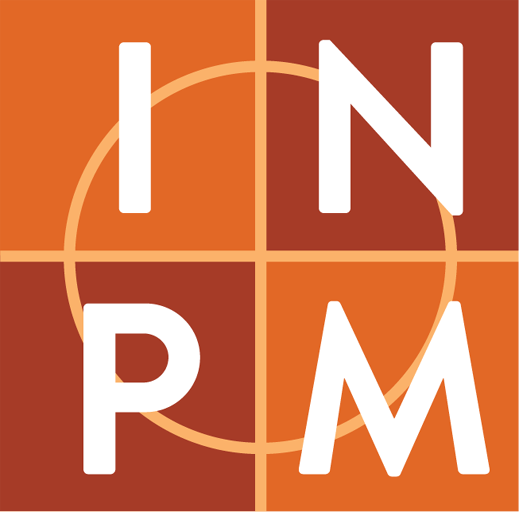Gratitude
Gratitude is an emotion that arises when people realize that they have received something from someone else they needed. In this crisis, we see how hard the health care people, among others, are working to manage the influx of critically ill and contagious people, even at the risk of becoming ill themselves. We now collectively realize that our society urgently needs these people and their expertise in caring for ourselves and our loved ones.
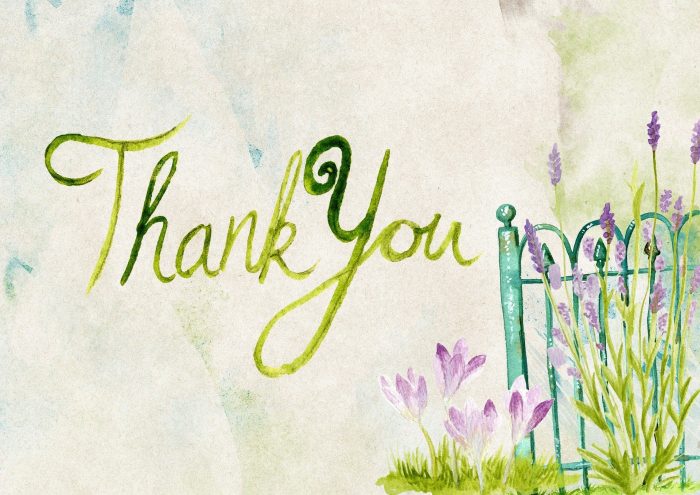
Expressing gratitude
Many people in our society would like to express their gratitude. We want to let the other know that their commitment, their sacrifice, is appreciated. For example, last Tuesday in the Netherlands, we massively clapped for our people in healthcare. That is a very creative way to show gratitude. It is in our nature to show our appreciation in a creative way. This also applies to the gardeners who now have beautiful flowers that are not going to the Vatican and that they would otherwise have to throw away. How nice is it if you can make other people happy to show your appreciation for their efforts?
Contagious
How come we suddenly see so much gratitude in our society? Gratitude, like all other emotions, is contagious. When we see someone happy or sad, our mirror neurons ensure that we experience the same emotion. Because someone else expresses gratitude for the people in health care, other people also realize that these people give our society something that we really need. As a result, gratitude spreads like ripples in the water in our society.
Motivation
So, if we feel grateful for someone who has done something for us, we would like to give something back. Gratitude motivates and activates. We want to do something for the person who helped us, but that does not necessarily have to be aimed at this particular person. When we feel gratitude, it is also possible that we want to do something for someone completely different. We see that people in health care work hard and then therefore there are people who want to look after their children. But we also see other initiatives to support people at risk of being ignored, just as the people in health care support our sick.
Continue!
Let’s continue with these great actions! Let gratitude flow through our society through beautiful initiatives for appreciation and support for those people who need it most now. And once again from me, many thanks to everyone who is helping to keep our society running in this time of crisis. If you find stories about gratitude inspiring, my book (in Dutch) can be ordered until April 6 with a discount AND signature through my website www.lilianjansbeken.nl.



